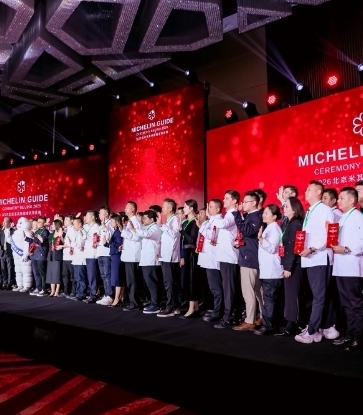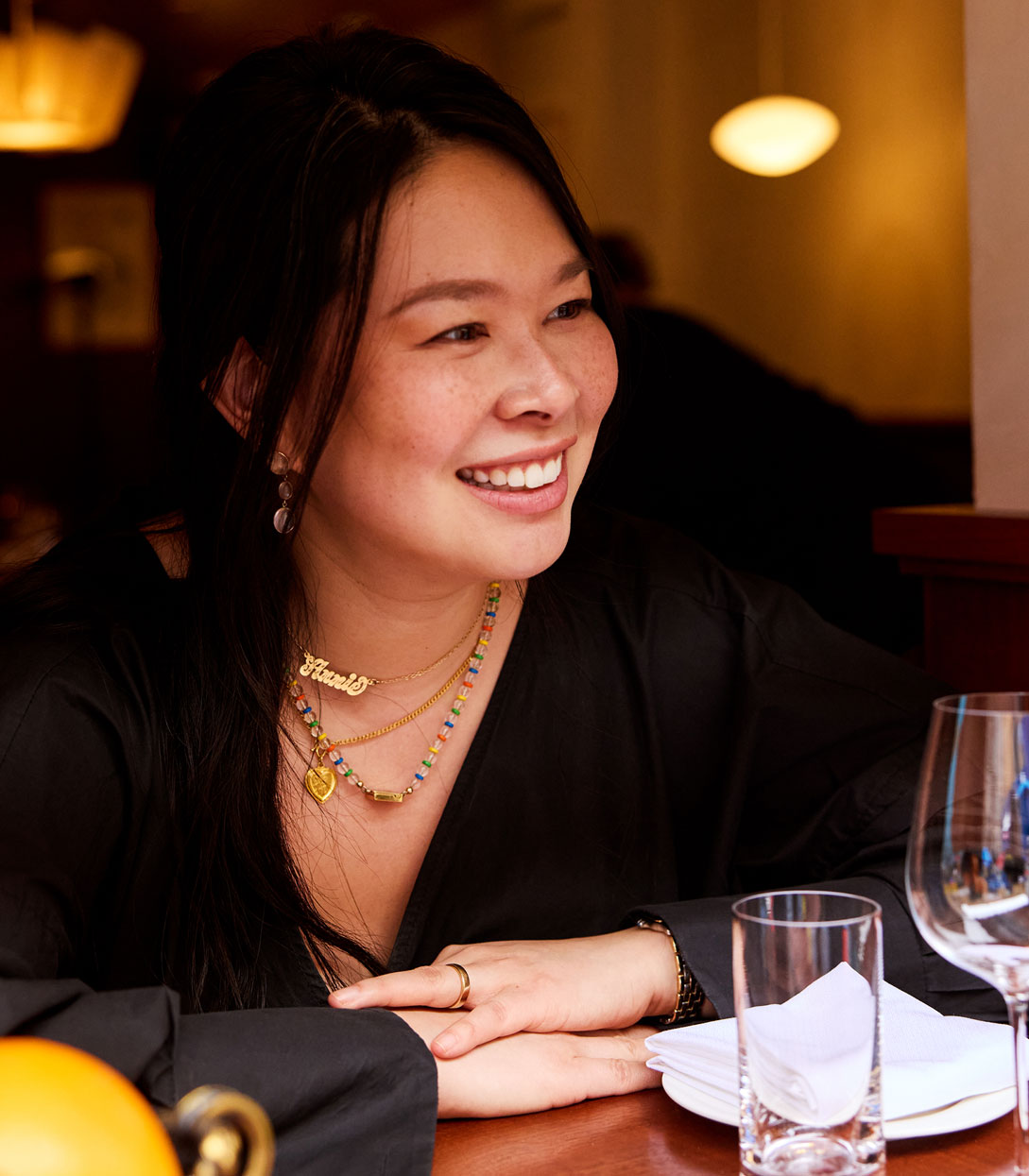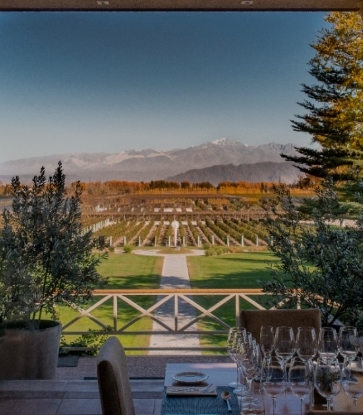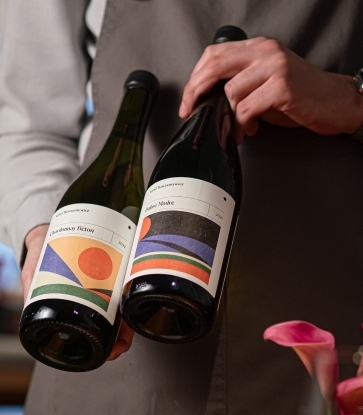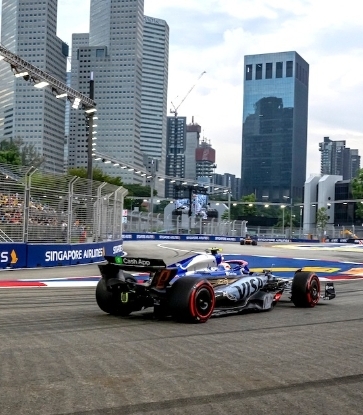The most common questions I’ve received – and I’m pretty sure it’s the same case for my peers – is: how did you become a sommelier? And where did you train?
It was a total fluke for me. While studying as a web designer, what was meant to be a part-time stint at a local wine retailer exposed me to what is now a life passion. As it turns out, being a sommelier and enjoying wines are habits you don’t really get out of.
As I write this, I recall a conversation I recently had with Korean bartender-turned-sommelier, Nathan Kim, who made the decision to leave the bar because “as a bartender, you often hear about depressing moments and sad stories, but as a sommelier, you have the ability to be a part of something special and to share in people’s joy”.

I won’t sugar-coat things for you, though. The journey to becoming a sommelier can be lonely and brutally unforgiving at times, and being of Asian descent doesn’t make it any easier. In the same way you would sooner trust a local to give you tips about a certain locale, people are naturally more inclined to trust the French, Spanish, German for their opinion on wines, and probably for good reason. They’ve grown up surrounded by vines, and the appellation system is hence more inherent to them.
On the other hand, Asian sommeliers start in our early-twenties and have to grasp a very foreign concept. Little wonder why we seem to find so many foreign sommeliers within Asia, and yet barely a handful of us have struck it out in the United States, and even less so in Europe.
Negatives aside, our biggest weakness is also our greatest strength. The lack of a wine heritage ensures that we start our wine careers on a clean slate.
Listen to any of the world’s top sommeliers and wine critics and you will inevitably come across general terms such as ‘Asian spice’ and ‘tropical fruits’. Give the same wine to an Asian sommelier, and chances are you will find these terms expanded into dangui, ginseng, wolfberry, lychee, mangosteen and mango. Nevermind all the mystique that surrounds wine tasting, at its very core, it is about matching aromas and flavours - and nothing more than breaking down a complex mix of aromas into several understandable sets.

That said, the path, while tough, is by no means impossible. Many of the wine world’s champions and some of the best tasters I’ve met are Asian. Look at Yoon Ha of Benu in San Francisco, for example. The Korean native achieved the highest accreditation in the notoriously difficult Master Sommelier examination in 2012 - at a time when there was a mere 250 sommeliers around the world who held the same accolade.
When it comes to standing among the very best of them, Shinya Tasaki, the current President of the Association de la Sommellerie Internationale, is a living legend. He won the World’s Best Sommelier Competition in 1995, and up till today is the only person of Asian descent to have accomplished this feat. These are great men and respectable sommeliers who have proven that growing up with wines is not necessarily the key to being a great sommelier. And there are many more among them: Andreas Larsson and Jon Arvin Rosenberg of Sweden, have also laid claim to the World’s Best Sommelier title even though they hail from a region that is not heralded for its wine production.

Being a sommelier has been an enriching and eye opening journey and these are some of the lessons I’ve learnt so far:
1) You will find your greatest friends and mentors where you would also find your
greatest competitors
Within a relatively small circle, us sommeliers often gather
together for leisure and to challenge our palates. It is from your peers that you will
learn the most. You learn to be honest, to be relatable and most of all, you learn how crucial it is for you to know your guests.
2) Develop your personality as much as you do your skills, and at the same time, learn
to live your life
I cannot overstate the importance of going out into the world, and
appreciating all the little things. Take a moment to literally smell the flowers. You will
be amazed by how much your palate can develop when you open your mind and
widen your perspective. You will soon realise that the best sommelier is not the one
with the most knowledge of the most obscure wine laws, but the one with the best
personality and character. The snobby sommelier is a relic of the past, and rightly so.
3) Dine out
Try something new and explore the unknown. At the end of it all, a
sommelier is a translator. We take an abstract concept of flavour, decode it, and turn
it into understandable information. The only way to do that is to taste and understand
as much of the world has to offer as you can.





